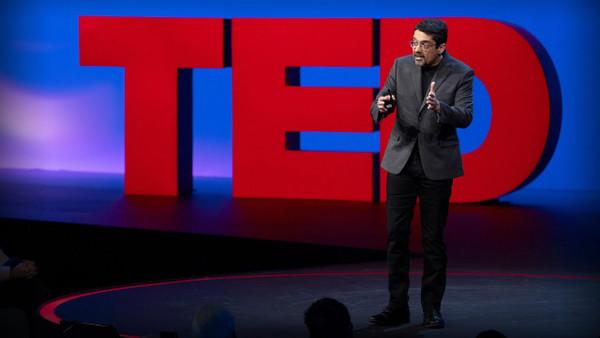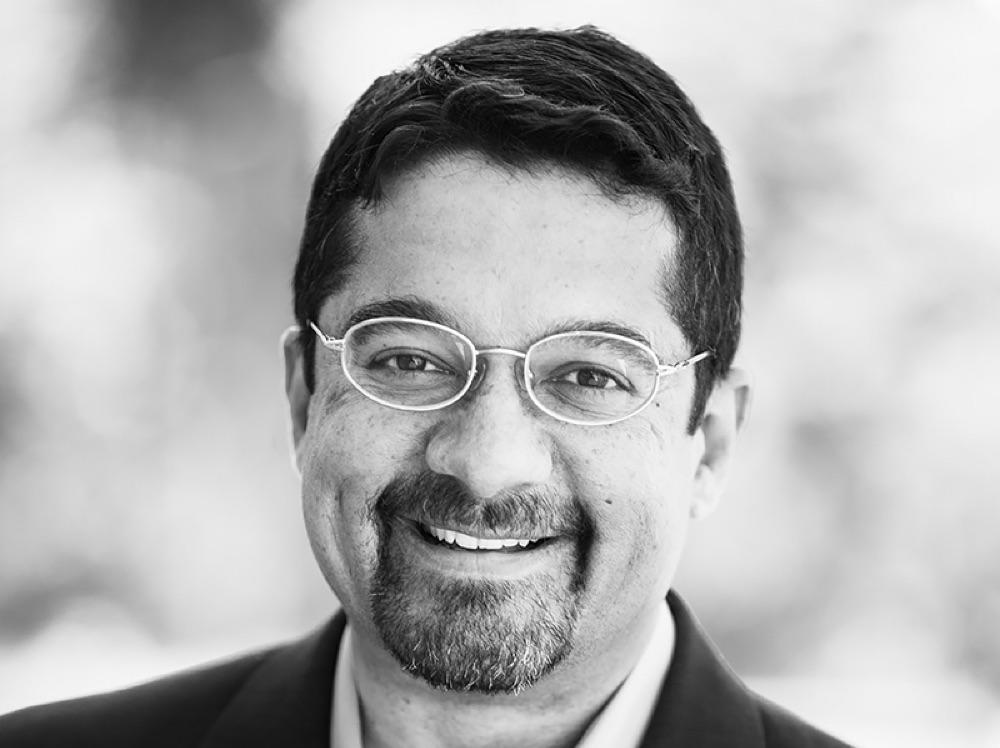We Don’t Actually Know What Our Future Self Wants
Curated from: TED
Ideas, facts & insights covering these topics:
13 ideas
·3.86K reads
48
4
Explore the World's Best Ideas
Join today and uncover 100+ curated journeys from 50+ topics. Unlock access to our mobile app with extensive features.
Our Future Is Not Just Unknown; It Is Unknowable.
All of us have seen what this is like in the last three years, as we slowly try and emerge from the COVID pandemic. If we think about the people we used to be three years ago, before the pandemic, we can see how we have changed. We can see how anxiety and isolation and upheavals in our lives and livelihoods, how this has changed us, changed our outlook, changed our perspective.
35
554 reads
The Illusion Of Continuity
There is a paradox here, and the paradox is when we look backwards, we can see enormous changes in who we have become. But when we look forwards, we tend to imagine that we’re going to be the same people in the future. Now sure, we imagine the world is going to be different. We know what AI and climate change is going to mean for a very different world. But we don’t imagine that we ourselves will have different perspectives, different views, different preferences in the future.
Shankar Vedantam calls this “the illusion of continuity”.
41
424 reads
The Past, We Actually See; The Future, We Only Imagine
One reason this happens is that when we look backwards, the contrast with our prior selves to who we are today is so clear. We can see it so clearly that we have become different people. When we look forward, we can imagine ourselves being a little older, a little grayer, but we don’t imagine, fundamentally, that we’re going to have a different outlook or perspective, that we’re going to be different people. And so those changes seem more amorphous.
This illusion has profound consequences not just for whether we become soccer players or podcast hosts, but for matters involving life and death.
34
353 reads
The Ship Of Theseus
Philosophers have talked for many years about a thought experiment; it’s sometimes called the “ship of Theseus”. The great warrior Theseus returned from his exploits, his ship was stationed in the harbor as a memorial. And over the decades, parts of the ship began to rot and decay, and as this happened, planks were replaced by new planks. Until, eventually, every part of the ship of Theseus was built from something new. And philosophers, starting with Plato, have asked the question “If every part of the ship of Theseus is new, is this still the ship of Theseus?”
36
335 reads
We Are All Walking Examples Of The Ship Of Theseus
Our cells turn over all the time. The people we were 10 years ago are not the people we are today. Biologically, we have become a different person. But something much more profound happens at a psychological level. Because you could argue a ship is not just a collection of planks, a body is not just a collection of cells. It’s the organization of the planks that makes the ship. It’s the organization of the cells that make the body. If you preserve the organization, even if you swap planks or cells in and out, you still have the ship, you still have the same body.
34
285 reads
A New Plank Is An Other Plank
But at a psychological level, each new layer that’s put down is not identical to the one that came before it. The famous plasticity of the brain that we’ve all heard so much about means that, on an ongoing basis, we are constantly becoming a new person. This has profound consequences for so many aspects of our lives.
34
278 reads
Our Future Selves Are Strangers To Us
When we make promises to other people, when we promise to love someone till death do us part, we are making a promise that a stranger is going to have to keep. Our future selves might not share our views, our perspectives, our hopes.
When we lock people up and throw away the key, it’s not just that the people we imprison are going to be different in 30 years. We are going to be different 30 years from now. Our need for retribution, for vengeance, might not be what it is today.
37
267 reads
We Do Not Represent The End Of History
When we pass laws, we often do so with an intent of making a better country, improving our country. But any country that’s been around for a few decades has numerous laws on the books that made perfect sense when they were crafted - in fact, that were seen as enlightened when they were crafted - and today, they seem antiquated or absurd, or even unconscionable.
And all of these examples stem from the same problem, which is that we imagine that we represent the end of history. That the future is only going to be more of the same.
34
221 reads
What Were You Thinking???!!!
Shankar Vedantam has 3 pieces of advice on how to wrestle with this wicked problem. And it is a wicked problem, because all of us spend so much of our lives trying to make our future selves happy. And we don’t stop to ask, “Is it possible that in 20 or 30 years, our future selves are going to look back at us with bewilderment, with resentment?”
That our future selves will ask us,
“What made you possibly think that that is what I would want?”
37
221 reads
Advice #1: Stay Curious
First, ifyou accept the idea that you’re going to be a different person in the future, you should play an active role crafting the person you are going to become. You should be the curator of your future self. You should be the architect of your future self.
What does that mean? Spend time with people who are not just your friends and family. Spend time on avocations and professional pursuits that are not just what you do regularly. Expand your horizons, because if you’re going to become someone different, you might as well be in charge of deciding who that person is going to be.
42
235 reads
Advice #2: Practice Humility
Second, as we make pronouncements on social media or in political forums, or at dinner parties, let’s bear in mind that among the people who might disagree with us are our own future selves. So when we express views with great certitude and confidence let’s remember to add a touch of humility.
This is true not just at an individual level - it’s also true at an organizational level. We want no-one to come along and undo the changes we’ve made. And it’s a very human impulse, but it stems from the same belief, that our perspective on history is the final word. And quite simply, this is wrong.
38
232 reads
Advice #3: Be Brave
Our future selves are going to be different, but they’re also going to have capacities and strengths and wisdom that we do not possess today. So when we confront opportunities and we hesitate, when we tell ourselves, “I don’t think I have it in me to quit my job and start my own company,” or we tell ourselves “I don’t have it in me to look after a disabled child”, what we really should be saying is “I don’t have the capacity to do those things today. That doesn’t mean I won’t have the capacity to do those things tomorrow.” So lesson number 3 is to be brave.
37
222 reads
I believe if you can do these three things, if you can stay curious, you can practice humility and you can be brave, then your future self will look back at you in 20 or 30 years - will look back, not with resentment or bewilderment, but will look back at you and say: “Thank you”.
SHANKAR VEDANTAM
37
240 reads
IDEAS CURATED BY
CURATOR'S NOTE
Shankar Vedantam explains the profound impact of something he calls the “illusion of continuity” - the belief that our future selves will share the same views, perspectives and hopes as our current selves - and shows how we can more proactively craft the people we are to become.
“
Xarikleia 's ideas are part of this journey:
Learn more about motivationandinspiration with this collection
How to manage workplace stress
How to prioritize and make better decisions
How to learn anything fast
Related collections
Read & Learn
20x Faster
without
deepstash
with
deepstash
with
deepstash
Personalized microlearning
—
100+ Learning Journeys
—
Access to 200,000+ ideas
—
Access to the mobile app
—
Unlimited idea saving
—
—
Unlimited history
—
—
Unlimited listening to ideas
—
—
Downloading & offline access
—
—
Supercharge your mind with one idea per day
Enter your email and spend 1 minute every day to learn something new.
I agree to receive email updates

